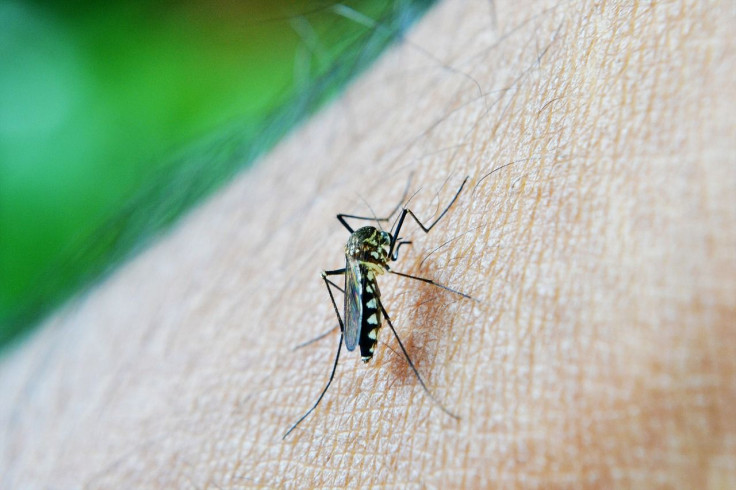Scientists Discover New Malaria-Spreading Mosquito Species In Kenya
Scientists recently discovered a new species of mosquito that could spread malaria faster in Kenya.
The species, named Anopheles stephensi, was reportedly discovered by a team of researchers at Kenya Medical Research Institute (Kemri), alongside the Ministry of Health’s Division of National Malaria Program (DNMP), according to the Kenyan newspaper The Standard.
Kemri scientists first discovered the species in Laisamis and Saku sub-counties in Marsabit during routine mosquito surveillance. They then confirmed the discovery of the new species in the laboratory.
The new species is said to spread fast. Kenya is the sixth country on the African content to record the invasion of A. stephensi. The other locations were identified to be Djibouti, Ethiopia, Sudan, Somalia and Nigeria.
“Unfortunately, the detection in Kenya may translate to higher malaria transmission in urban settings in the country, posing a serious threat that could reverse the gains made in the fight against malaria,” Kemri said in a statement obtained by The Standard.
Unlike other species of malaria vectors that primarily thrive and breed in rural areas, A. stephensi proliferates in urban environments.
Kemri Acting Director-General Sam Kariuki explained that A. stephensi has three characteristics that pose a danger to humans. The new species is invasive, spreads very fast and can adapt to different climatic and environmental conditions.
“Anopheles stephensi is unique as it thrives in man-made containers such as jury cans, tires, open tanks, sewers, cisterns, overhead tanks and underground tanks and polluted environments,” he added, as quoted by NTV Kenya.
The Ministry of Health is conducting further research to better understand the new malaria vector. Meanwhile, experts recommend taking preventive measures such as sleeping under insecticide-treated bednets amid its spread.
An estimated 247 million people around the world contracted malaria in 2021. The estimated number of deaths due to the infection was 618,000 in that year, according to data from the World Health Organization (WHO).
The WHO African Region carries most of the global malaria burden. About 95% of the cases and 96% of deaths due to malaria were recorded in the region in 2021.
The life-threatening disease is caused by parasites transmitted through the bites of infected female Anopheles mosquitos. Malaria infection mostly occurs in poor, tropical and subtropical places, as per the Centers for Disease Control and Prevention (CDC).

Published by Medicaldaily.com



























